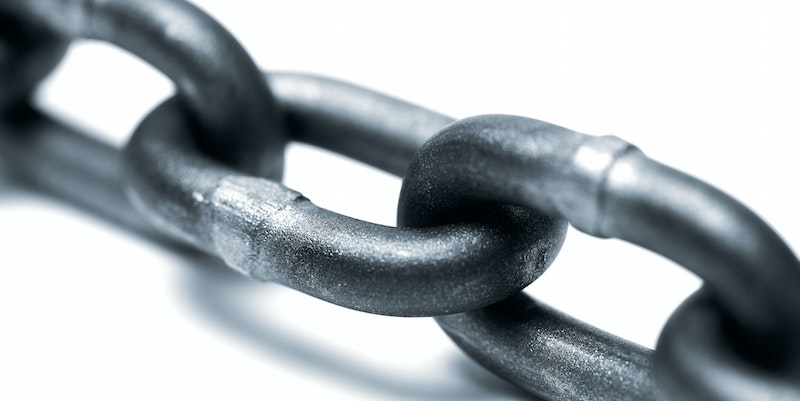Post-traumatic stress disorder (PTSD) is a mental health condition that can develop in those who have experienced or witnessed a traumatic event. Because of the associated intrusive thoughts, vivid flashbacks, and intense anxiety, people with PTSD may turn to alcohol or drugs to escape the pain. But help is available for those who suffer from PTSD and substance use disorder.
In honor of National PTSD Awareness Month (June), we’re exploring the link between addiction and PTSD—and how dual diagnosis rehab can provide a path to healing.
Which Came First?
Several theories seek to explain the link between PTSD and addiction — specifically, which disorder came first in a particular individual? The self-medication theory claims that PTSD comes first, and substance use is an attempt to alleviate PTSD symptoms. Many studies have provided evidence for this theory, which is probably the most prominent in PTSD and addiction research.
While the majority of research supports the self-medication hypothesis, some studies have suggested that substance use disorder comes first and then increases the risk of an individual developing PTSD. The high-risk hypothesis states that the lifestyle of someone who abuses drugs or alcohol may increase the likelihood of experiencing a traumatic event and subsequently developing PTSD. And the susceptibility hypothesis proposes that the increased anxiety and arousal that often accompanies chronic substance abuse may increase biological vulnerability to developing PTSD following a trauma exposure.
Whatever came first—which varies according to the individual and their particular situation—the link between addiction and PTSD is well-documented. In fact, the prevalence of PTSD in those who suffer from substance use disorder is around three times higher than in the general population. That means you’re much more likely to find PTSD in those who suffer from addiction than in those who don’t. Plus, people with PTSD are up to 14 times more likely than those without PTSD to have a substance use disorder.
Clearly, addiction and PTSD are intimately connected, so it makes sense for the two disorders to be treated together. Studies have shown that when PTSD remains undiagnosed and untreated, substance use disorder treatment is far less effective. That’s why it’s so important to get a proper diagnosis and receive dual diagnosis treatment.
Dual Diagnosis Treatment
To effectively treat a co-occurring addiction and PTSD, a dual diagnosis rehab center will thoroughly assess symptoms to detect trauma exposure and problematic substance use behaviors, with ongoing assessment of symptom frequency and severity. Assessment may include an initial screening, diagnostic interviews, self-report questionnaires, and biological tests. This information will assist clinicians in creating your individualized treatment plan and monitoring your progress in treatment.
Dual diagnosis treatment may involve cognitive behavioral therapy, including exposure therapy and cognitive restructuring. Exposure therapy can help you learn to manage fear by gradually (and safely) exposing you to the trauma you experienced. Cognitive restructuring can help you make sense of the traumatic event by thinking about what happened in a realistic way. Through psycho-education, you can explore the relationship between your PTSD symptoms and substance use, learn to manage your symptoms and negative emotions, and develop a series of coping skills.
It’s no surprise that this kind of integrated treatment can be incredibly beneficial. Studies have shown that addressing trauma early in treatment and providing concurrent relief from PTSD symptoms can improve recovery from addiction. And successful treatment of anxiety symptoms of PTSD can also lead to a reduction in substance use.
If you’ve been struggling under the weight of addiction and PTSD, it’s time to reach out for help. A dual diagnosis rehab center can provide individualized treatment that considers your unique history, symptoms, and needs. By addressing both issues, you can find relief and discover ways to live a peaceful, substance-free life.
Are you seeking treatment for co-occurring disorders? Call (866) 349-1770 and speak with our trained admissions counselors to learn more about Beachside Rehab’s dual diagnosis treatment options.

